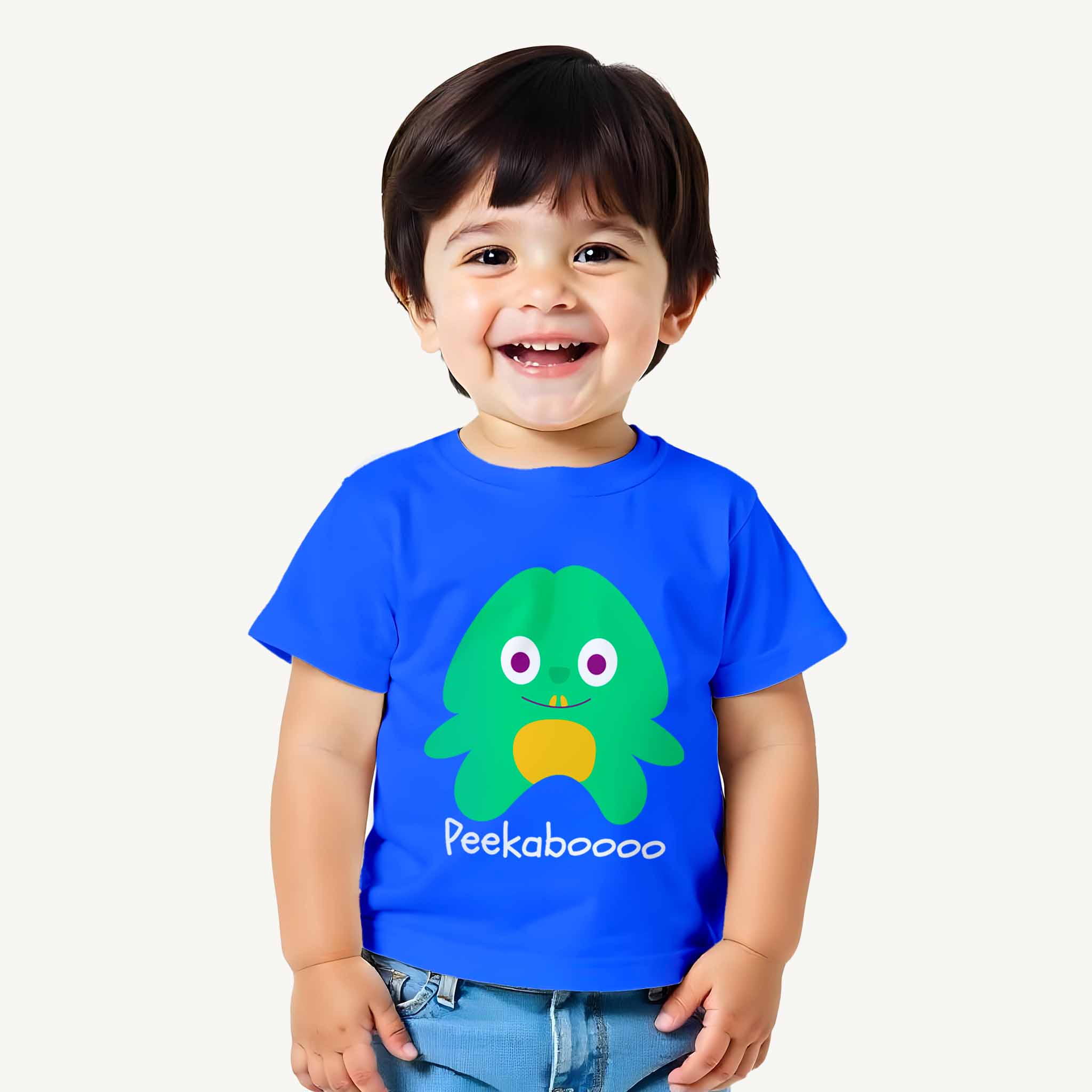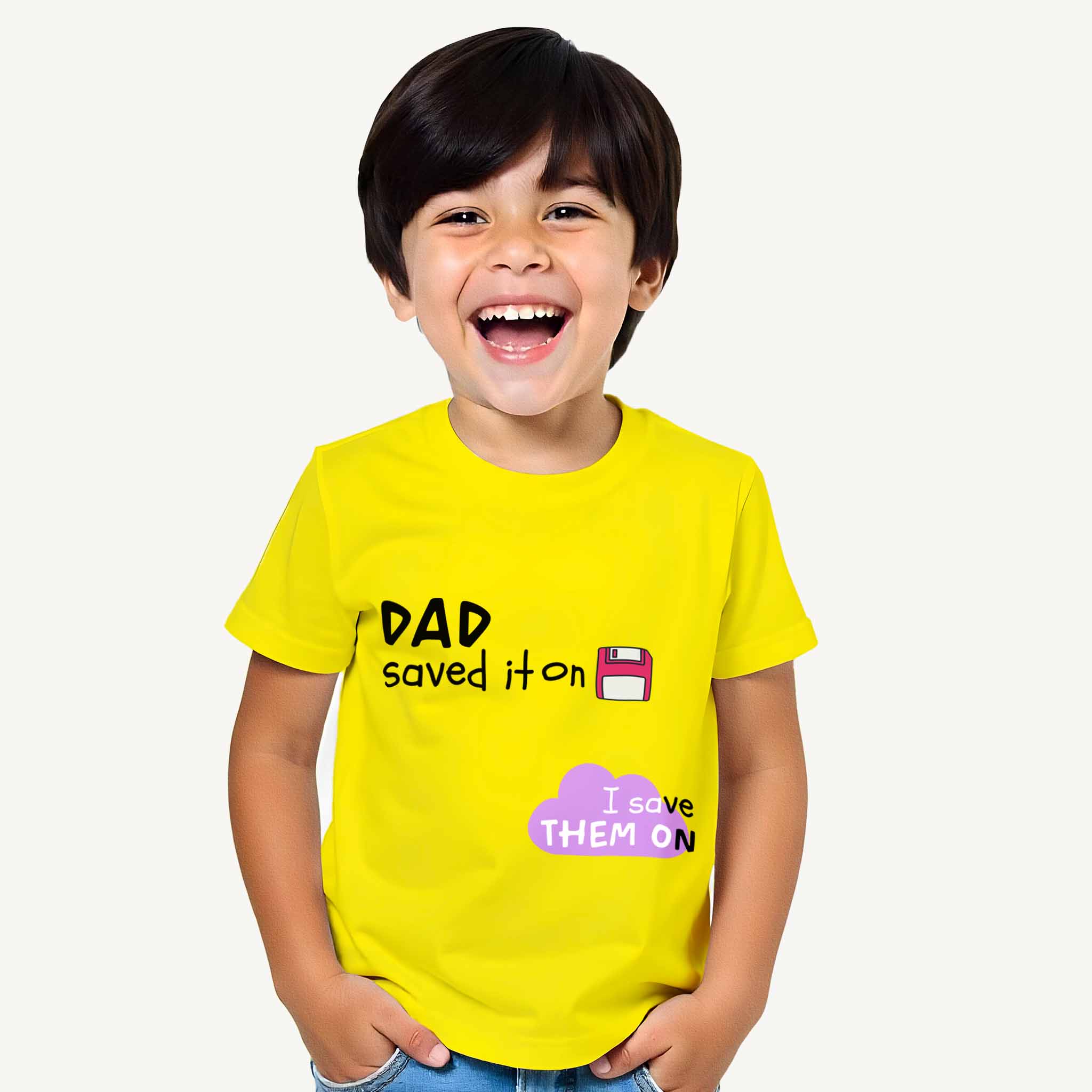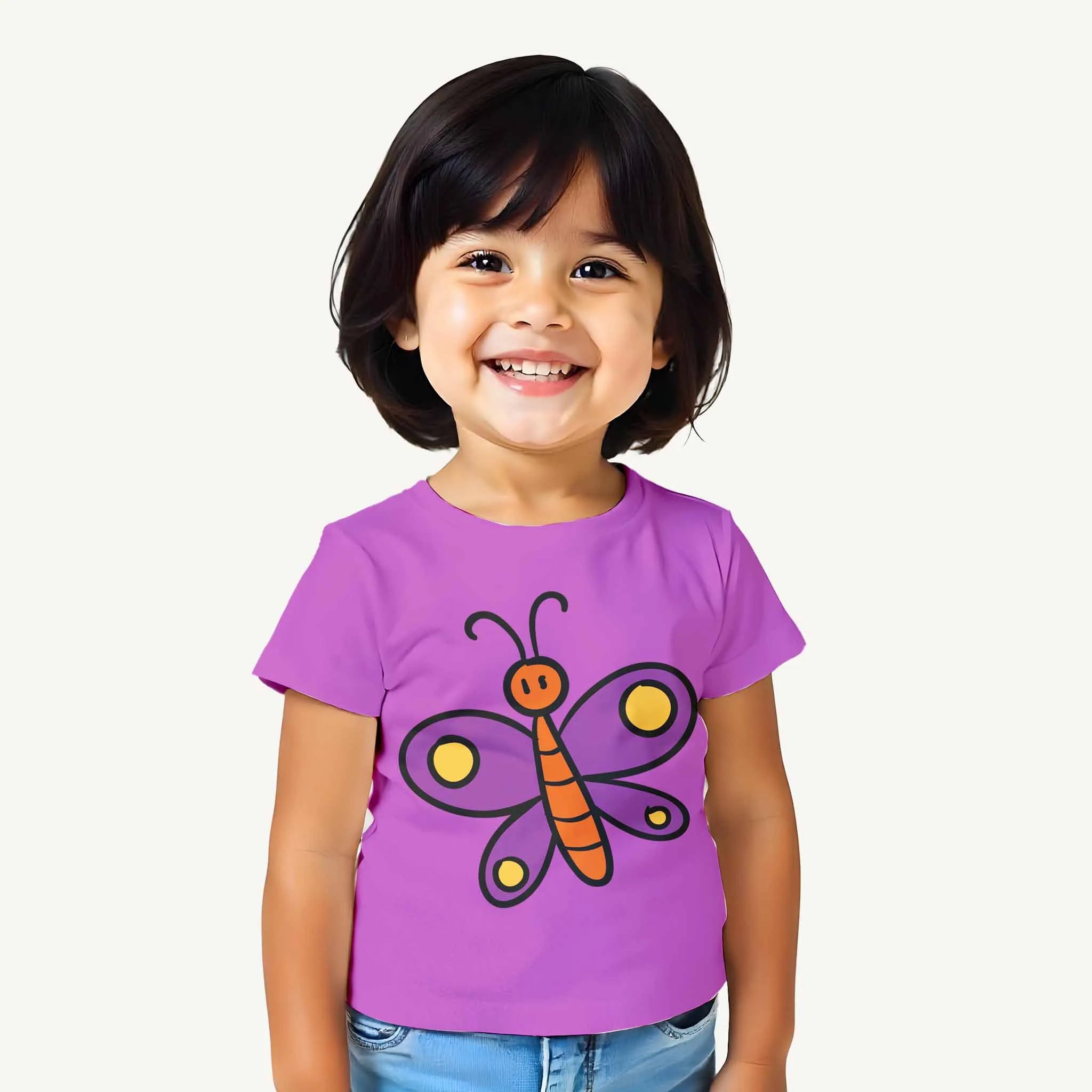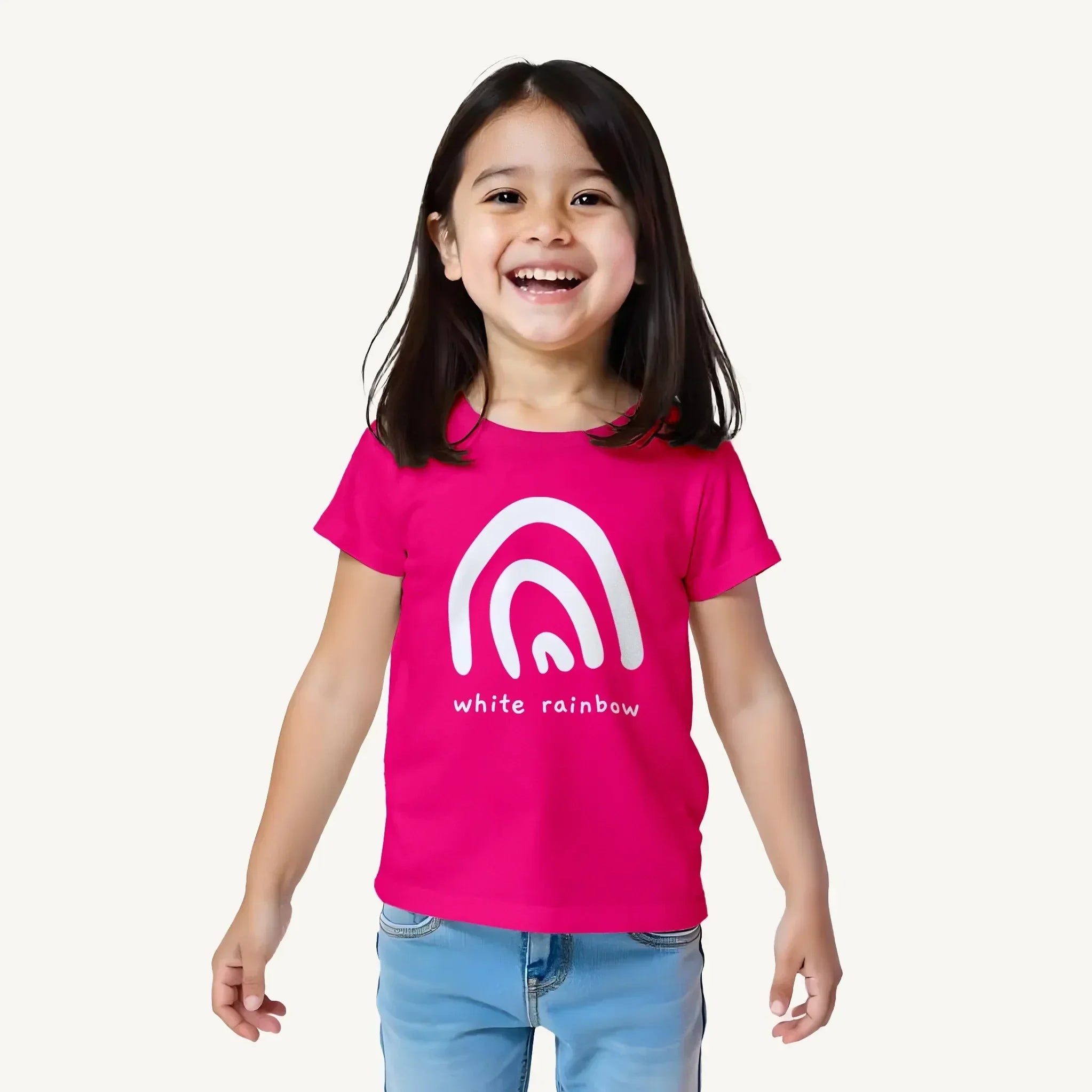From a Parent to a Parent
Let's be honest - every parent has lost patience at some point. Whether it's spilled milk, homework drama, or bedtime meltdowns, it's easy to react with anger or punishment. But over time, many of us start asking:
"Is this really helping my child learn anything?"
That's where the real difference between discipline and punishment comes in.
🧠 Punishment vs. Discipline - What's the Difference?
❌ What Punishment Looks Like:
-
Yelling or scolding
-
Time-outs with shame
-
Taking away toys or TV
-
Comparing your child with others
-
Physical punishment (even a slap)
Punishment stops behavior temporarily, but kids don't understand why. They simply act out again - or worse, become fearful.
✅ What Discipline Looks Like:
-
Setting boundaries
-
Explaining the consequence
-
Giving choices
-
Teaching problem-solving
-
Positive reinforcement
Discipline teaches, punishment controls. One helps kids grow, the other shuts them down.
✅ Why Discipline Works Better (Based on Real Parenting)
Here's what discipline builds that punishment never can:
-
Confidence instead of fear
-
Respect instead of resentment
-
Understanding instead of confusion
-
Emotional maturity instead of rebellion
When a child spills milk and you say, "Let's clean it together," they learn responsibility - not guilt.
👶 Age-Wise Approach to Discipline
🟡 Ages 1 - 4 (Toddlers)
-
Use distraction and redirection
-
Explain gently: "We don't throw things."
-
Offer choices ("Red T-shirt or blue one?")
🟢 Ages 5 - 8
-
Set clear rules and routines
-
Use consequences linked to actions
-
Talk through feelings
🔵 Ages 9 - 12
-
Involve them in problem-solving
-
Use logical outcomes (not punishments)
-
Encourage responsibility and independence
🛑 Common Punishment Habits Indian Parents Use (But Should Avoid)
-
"Sab ke saamne daant diya" (Scolding in public)
-
"TV band!" for every mistake
-
Slapping out of anger
-
Comparing them to cousins or classmates
These methods may work fast, but they damage confidence deeply.
✅ Simple Ways to Discipline Without Punishing
✔ Set rules in advance
✔ Explain the why behind the rule
✔ Let kids experience natural consequences
✔ Praise when they correct themselves
✔ Stay calm (even when they aren't!)
👕 A Quick Note on Comfort & Behavior
Uncomfortable clothes, itchy fabrics, or tight fits can make kids cranky - and more likely to "misbehave." At Guugly Wuugly, our breathable cotton t-shirts for kids are designed to keep children relaxed and irritation-free, which naturally reduces stress-related meltdowns.
❤️ Final Thought (Parent to Parent)
Kids don't need fear to learn - they need guidance. Punishment might stop a behavior, but discipline shapes character.
The next time your child makes a mistake, pause and ask:
👉 "Am I teaching them a lesson or just reacting?"
That one moment can change everything - for you and them.
✅ FAQs
1. Is punishment ever okay for kids?
Punishment may stop behavior immediately, but it doesn't teach long-term values. Discipline works better because it builds understanding.
2. How do I stay calm when my child misbehaves?
Plan responses in advance, take a pause, and remind yourself that kids learn best when they feel safe.
3. Can positive discipline work for stubborn kids?
Yes! It may take patience, but consistency and clear communication work better than fear-based methods.
🌟 Ready to Raise Calm, Confident Kids?
If daily struggles feel exhausting, start with small changes - a calm tone, a conscious pause, and lots of love.
And when they're comfortable in skin-friendly cotton clothes, you'll notice fewer tantrums and more smiles.
With love - from one parent to another.







